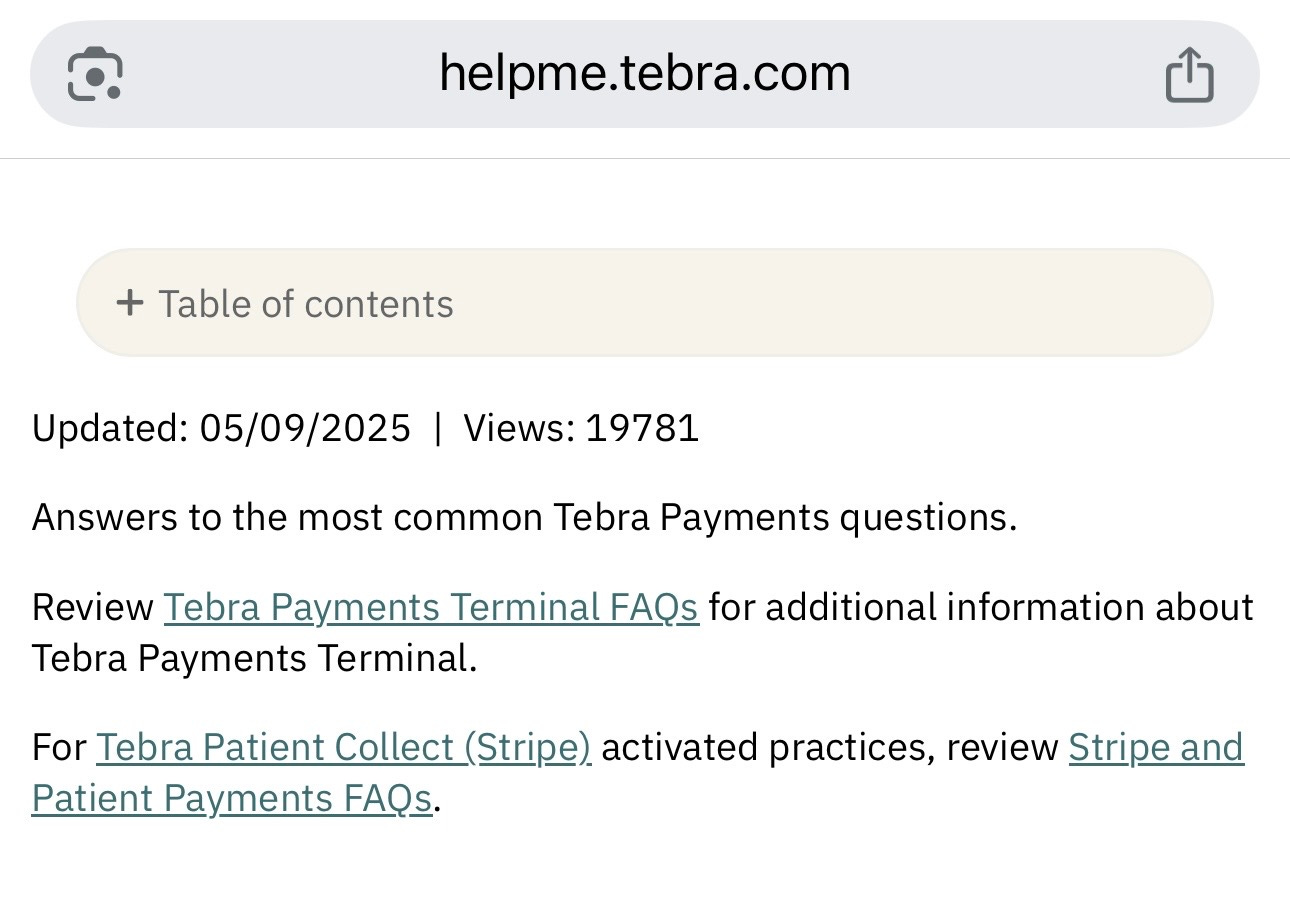Since the publishing of our original companion article, others have come forward confirming that the same EMR has sent them nearly identical letters.
The letter that started this story came from Tebra, the electronic medical records vendor. But Tebra is not the real power here. The real pressure is coming from their payment processor.
And this may be the cleanest strategy yet to crush access to compounded GLP-1s without ever having to pass a single law.
Here is why.
While 503B essential copy GLP-1 meds must stop production once a shortage ends, 503A pharmacies remain fully legal. They are allowed to continue compounding custom formulations, custom doses, and custom presentations for individual patients. These prescriptions are lawful. They are protected. Shutting down 503A compounding would require an act of Congress. That is a heavy political lift.
But targeting prescribers? That is much easier.
And the fastest way to control a prescriber is to cut off their ability to get paid.
No payment processing means no billing. No income. No practice. No patients served. Game over.
That is what makes this tactic so alarming. It is not regulatory. It is financial. It is a chokehold applied quietly from the banking layer of our healthcare system, an industry with no medical license, no patient care, and no accountability.
This is not coming from the FDA. It is not a legal ruling. It is coming from behind the scenes, through financial partners using EMRs as the mouthpiece.
In this case, that financial partner appears to be Stripe.
Tebra’s own support documentation confirms that its Patient Collect product uses Stripe to process payments. The language in the letters sent to providers mirrors Stripe’s own list of restricted business activities, language that explicitly includes compounded medications.
Stripe is known for freezing or shutting down accounts in high-risk categories, often without warning. And now, it appears that same infrastructure is being used to quietly pressure medical practices that legally prescribe 503A compounded GLP-1s.
If they succeed, it will not stop at GLP-1s.
If we let this go unchallenged, we are saying it is acceptable for banks and payment processors to dictate what medications are available to patients. We are saying it is acceptable for a financial tech company to do what only Congress should be able to do.
This is not a glitch. It is the blueprint.
And everyone should be concerned.







From stripes website:
https://support.stripe.com/embedded-connect/questions/restricted-business-list-faqs
Stripe has been doing this to weight loss clinics the whole time.